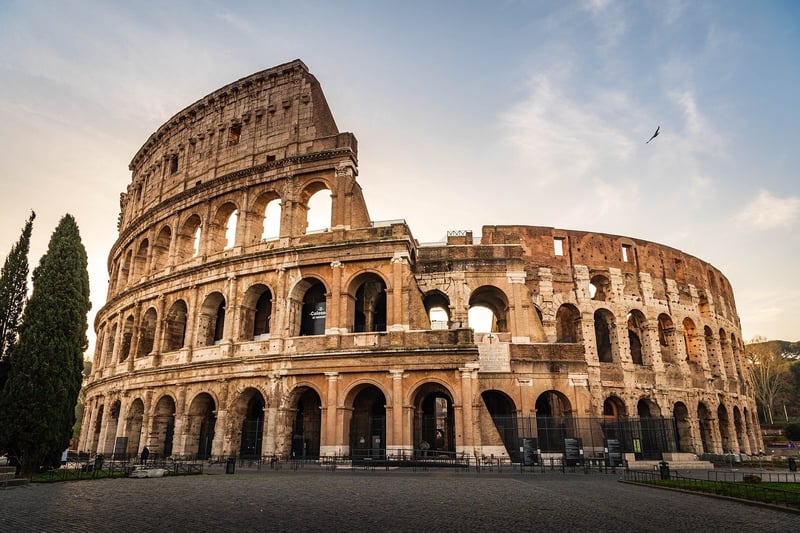Historical Etiquette
Planning Trips with a Touch of Historical Etiquette

Are you a history enthusiast who loves traveling? Combining your passion for exploring new destinations with a touch of historical etiquette can elevate your travel experiences to a whole new level. Whether you're visiting grand palaces, ancient ruins, or charming villages, understanding the customs and manners of the past can enrich your journey and help you connect with the culture on a deeper level.
Research Before You Go
Before embarking on your next adventure, take some time to research the historical background of your destination. Learn about the social norms, traditions, and etiquette practices that were prevalent during the time period you're interested in. This knowledge will not only enhance your appreciation of the local culture but also show respect for the heritage of the place you're visiting.
Dress the Part
When visiting historical sites or attending cultural events, consider dressing in attire that reflects the fashion of the era. Not only will this add a fun element to your trip, but it will also show your interest in and respect for the historical context of the place. Just remember to choose clothing that is appropriate for the climate and activities you have planned.

Practice Politeness
Politeness never goes out of style, and it was especially valued in many historical societies. Simple gestures like saying "please" and "thank you," greeting locals in their language, and observing local customs can go a long way in showing your respect for the people and traditions of the place you're visiting.
Immerse Yourself in History
Take advantage of guided tours, historical reenactments, and cultural workshops to immerse yourself in the history of your destination. Engaging with knowledgeable guides and participating in hands-on activities will not only educate you about the past but also give you a firsthand experience of what life was like in a different era.
Respect Cultural Differences
While it's important to embrace historical etiquette, it's equally crucial to respect the cultural differences of the present. Be mindful of local customs, taboos, and sensitivities, and always seek to learn and adapt to the norms of the community you're visiting. Showing empathy and open-mindedness will help you forge meaningful connections with the people you meet along your journey.
By infusing your travels with a touch of historical etiquette, you can turn every trip into a rich and rewarding experience. So pack your bags, set off on your next adventure, and let the past guide you to new discoveries and unforgettable memories.

